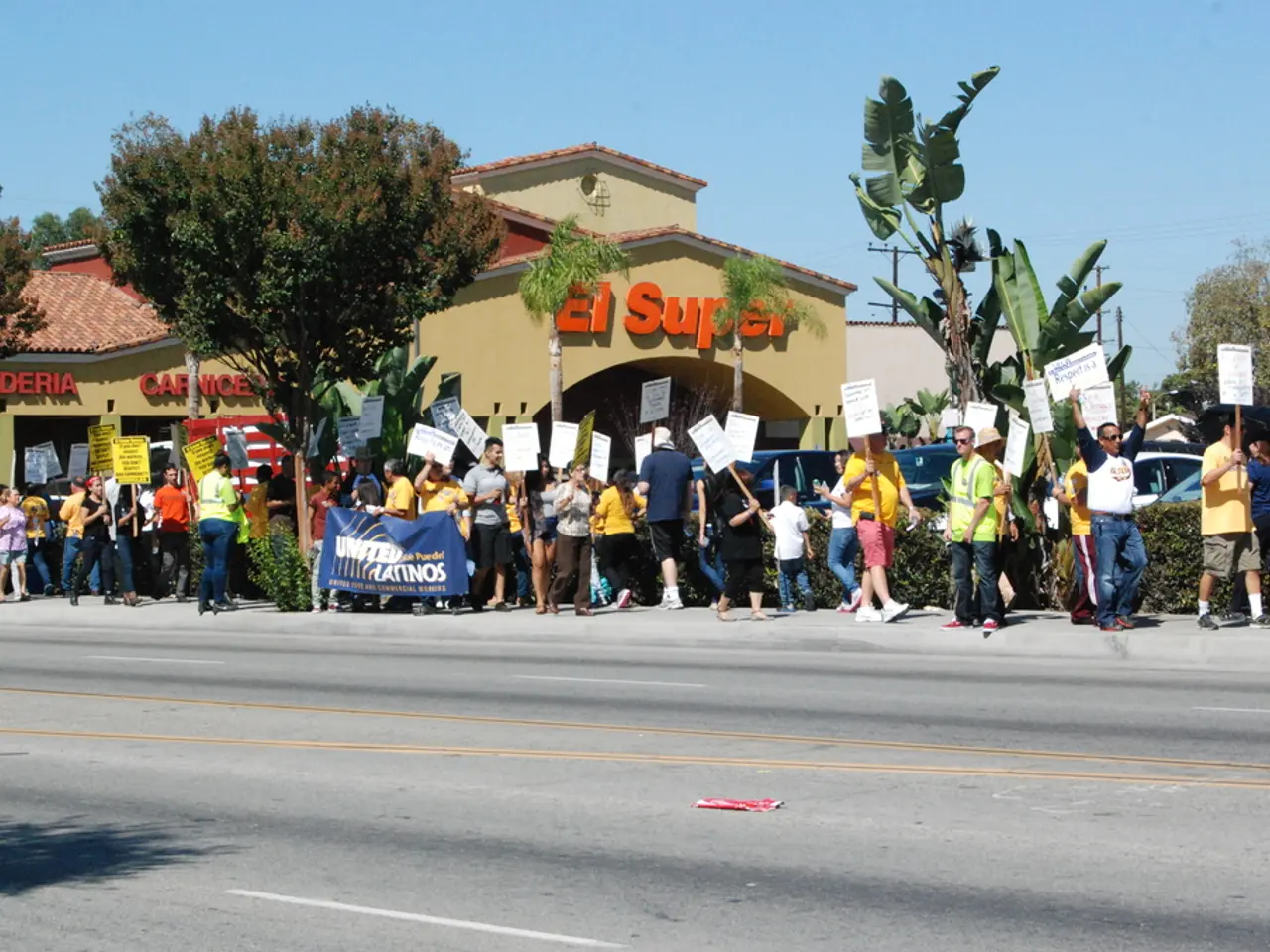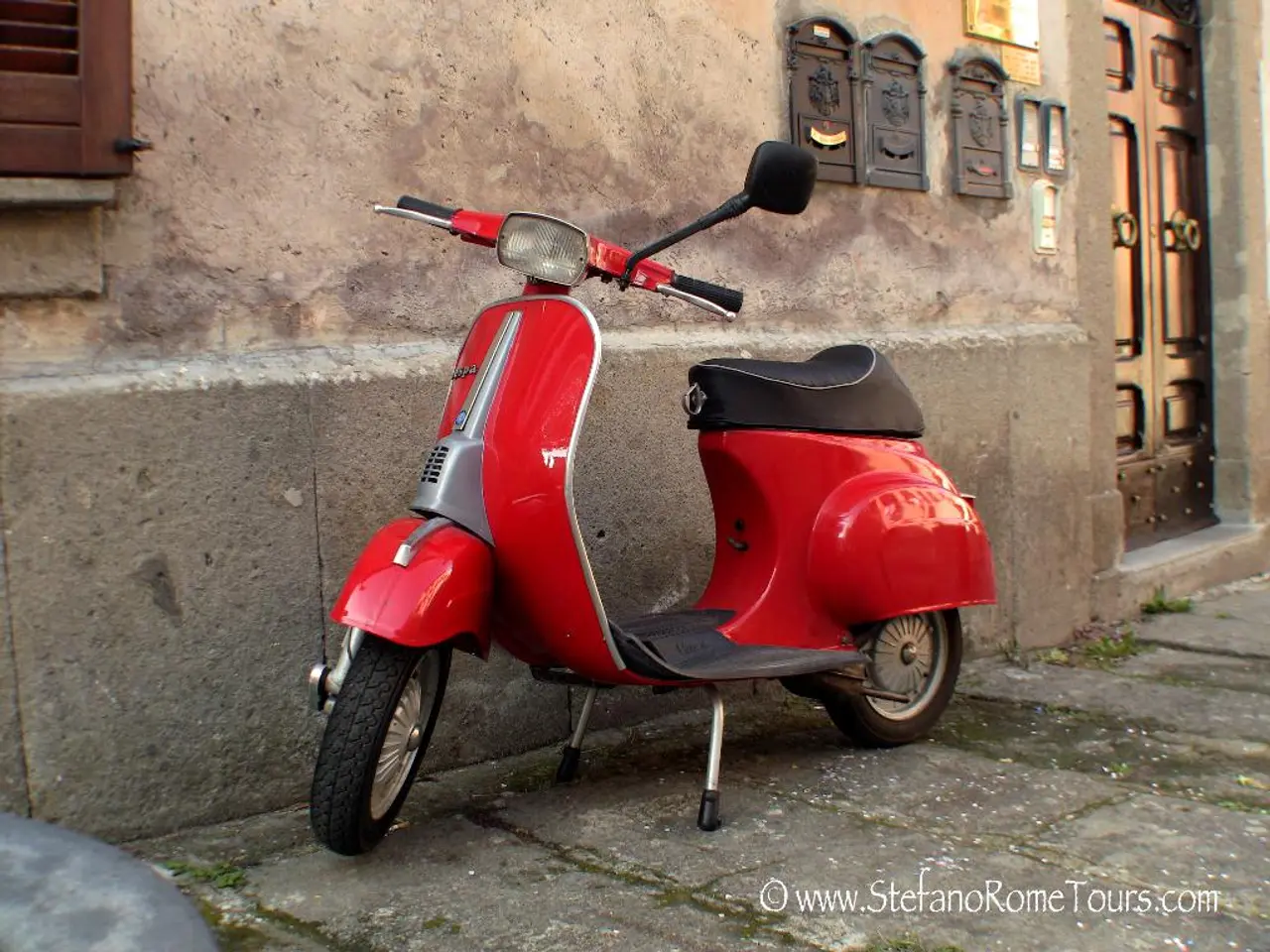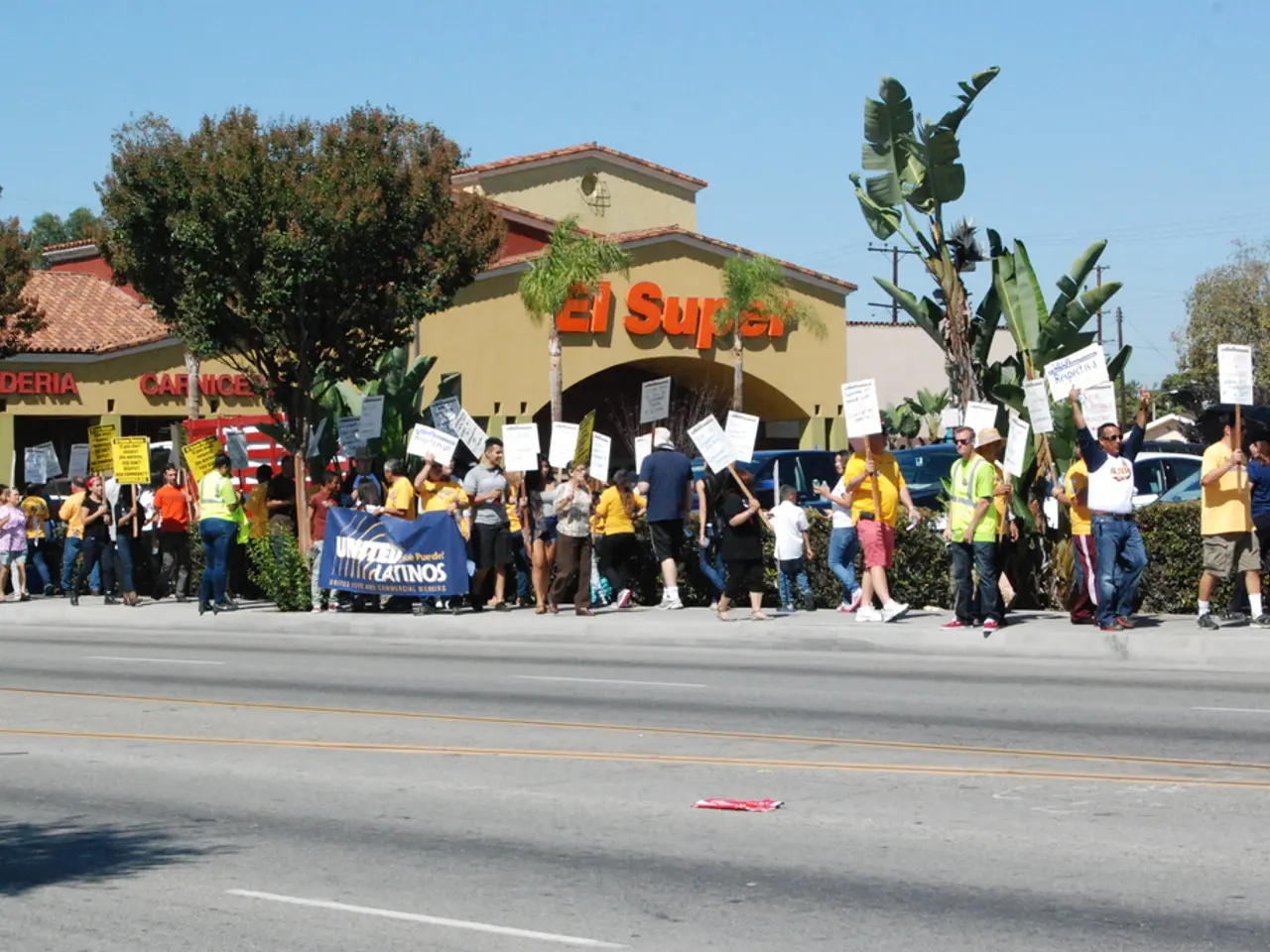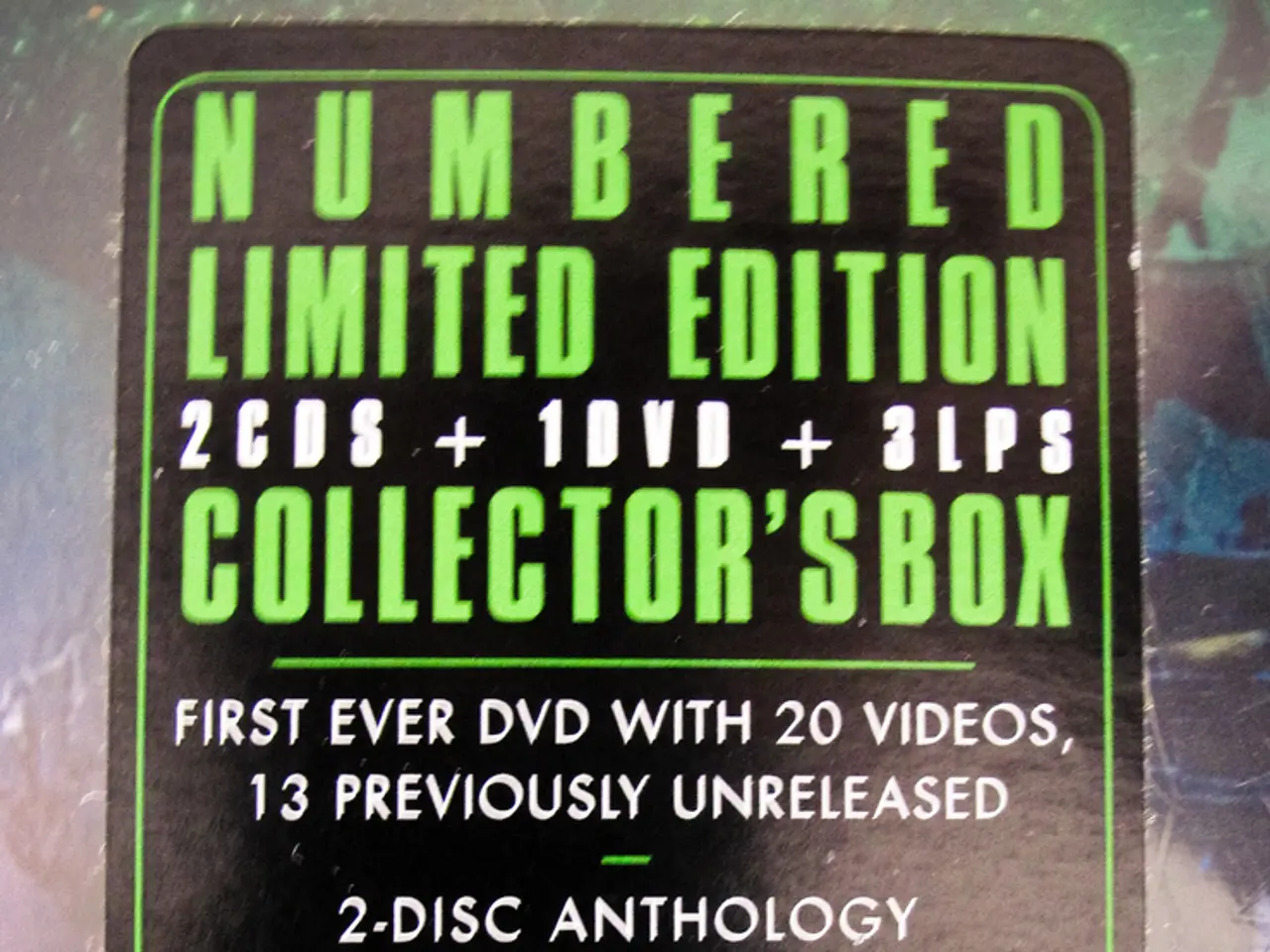Judge Reviews Elon Musk's 'Voter Lottery' Selection Method, Confirming Non-Random Process
In the midst of the upcoming election on Tuesday, Elon Musk's $1 million per day giveaway for registered voters in swing states continues to face legal challenges. Despite the ongoing lawsuits, the scheme, run by Musk and his America PAC, has not been declared an illegal lottery by the courts as of June 23, 2025.
The class action lawsuit, initiated on November 5, 2024, accuses Musk and America PAC of luring citizens to give up their personal identifying information and make a political pledge in exchange for the chance to win $1 million. The lawsuit refers to this as an "illegal lottery." However, Musk's lawyer, Chris Gober, has confirmed that there is no prize to be won in the so-called lottery. Instead, the money is seen as an "opportunity to earn" through becoming spokespeople for the PAC.
The lawsuit seeks damages for signatories who allege harm from providing personal information. Musk counters that signers were clearly told the payout was contingent on other conditions, not random chance, attempting to differentiate his campaign from typical sweepstakes or lotteries.
However, complaints about unpaid prizes exist, with some petition signers in states such as Pennsylvania claiming they were not paid as promised. America PAC asserts its commitment to paying all legitimate signers, and Musk has personally handed out prize checks during rallies.
Legal experts, such as election law expert Jerry Goldfeder, have discussed these giveaways, analysing whether the requirement that winners become spokespeople or engage in political activity changes the legality of the contests. This nuance is relevant because many lottery laws hinge on whether a prize is awarded based purely on chance without consideration or required action. Musk’s defense hinges on this argument to distinguish the giveaway from traditional gambling lotteries.
As of mid-2025, America PAC has given away 16 checks worth $1 million each to registered voters. The final prizes will be given to registered voters in Arizona and Michigan, not Pennsylvania. The Justice Department warned Musk and America PAC that they may be breaking the law, causing a 24-hour hiatus in winner announcements on October 23, 2024.
Musk's request to move the lawsuit to a federal court was denied on Friday. Recipients of the $1 million prizes must fulfill contractual obligations to serve as a spokesperson for the PAC, not to win a prize.
In summary, while controversial and legally challenged, Musk’s giveaways have not been officially classified as an illegal lottery as of now. The legality of the contests depends on whether chance or required action determines the outcome, a point that Musk's legal team emphasises to distinguish the giveaway from traditional gambling lotteries. The ongoing disputes over fulfillment and transparency, however, suggest that the issue is far from resolved.
[1] [Article Source 1] [2] [Article Source 2] [3] [Article Source 3] [4] [Article Source 4] [5] [Article Source 5]
- In the midst of the upcoming general-news election in America, Elon Musk's business venture, the America PAC, continues to distribute a $1 million per day lottery for registered voters in swing states, despite ongoing lawsuits.
- The election lottery, initiated by Musk and his America PAC, has been accused of being an illegal lottery in a class action lawsuit filed on November 5, 2024.
- Business magnate Elon Musk's lawyer, Chris Gober, has confirmed that the scheme is not a lottery, but an "opportunity to earn" through becoming spokespeople for the PAC.
- The lawsuit seeks damages for signatories who allege harm from providing personal information, but Musk argues that signers were clearly told the payout was contingent on other conditions.
- Some petition signers in states like Pennsylvania claim they were not paid as promised, leading to complaints about unpaid prizes.
- Legal experts, such as Jerry Goldfeder, have discussed the legality of Musk's giveaways, suggesting that the requirement for winners to become spokespeople or engage in political activity could potentially change the legality of the contests, distinguishing them from traditional gambling lotteries.




